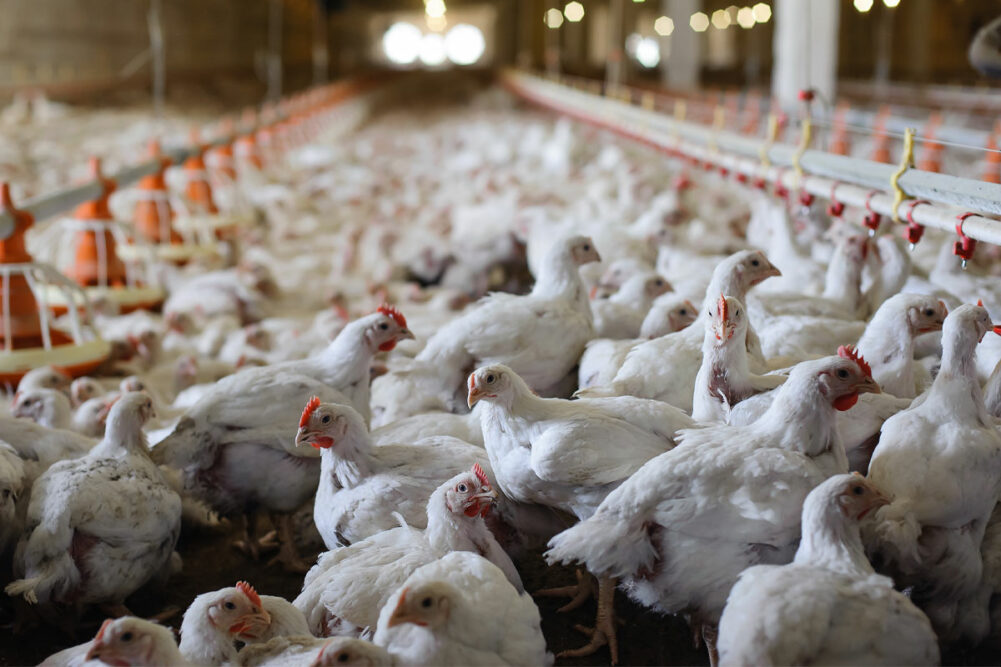WASHINGTON — The latest reports of highly pathogenic avian influenza (HPAI) bring the current total number of birds culled in the United States well above the estimated record of 50 million birds from the wave in 2015. The running total sits at 52.5 million birds after a spike during the Thanksgiving holiday weekend, according to the US Department of Agriculture’s Animal and Plant Health Inspection Service.
On Nov. 25, three states reported outbreaks. An outbreak in a commercial laying flock in Dixon County, Neb., led to the depopulation of 1.7 million birds. The flock was the 13th Nebraska farm to report an HPAI case, tallying the state’s total of affected birds to 6.7 million. Only Iowa has had more cases, with over 15 million birds culled.
Alaska also reported an HPAI case in Matanuska Susitna County, affecting 20 birds. South Dakota was the third state to report outbreaks over the weekend. Positive HPAI cases appeared across three counties — Beadle, Spink and Turner — with two commercial turkey flocks hit in Beadle County. Over 170,000 birds were culled due to the four South Dakota outbreaks.
Egg prices for the week of Nov. 21 were steady to higher. Liquid and frozen egg white products climbed 4¢ higher. Prices for grade A large shell eggs jumped 25¢ per dozen, nearing the all-time high set in October, which was the third price record this year.
The USDA’s Economic Research Service (ERS) revised table-egg production forecasts for 2022 and 2023 downward as the HPAI outbreak continues to impact the sector, according to the November Livestock, Dairy, and Poultry Outlook report. Egg export and import forecasts for 2022 and 2023 were revised downward on lower-than-expected trade data.
Turkey production was adjusted downward in the fourth quarter and the first half of next year due to additional HPAI cases. Turkey imports and exports were both adjusted upward, though the export forecast remained well below last year. Turkey price forecasts are adjusted upward on recent price data and lowered production forecasts.
The 2022 HPAI outbreak is having a more-prolonged impact on the turkey industry than the outbreak in 2015, according to the ERS. Both outbreaks had negative impacts on turkey production, live weights, turkeys in cold storage, and exports, though in 2022 cold storage stocks have maintained stronger levels relative to the previous year than they did in 2015. Because a larger share of the turkeys impacted in 2022 were breeding stock, the recovery from the current outbreak could take longer than it did after the 2015 outbreak, the ERS said.





